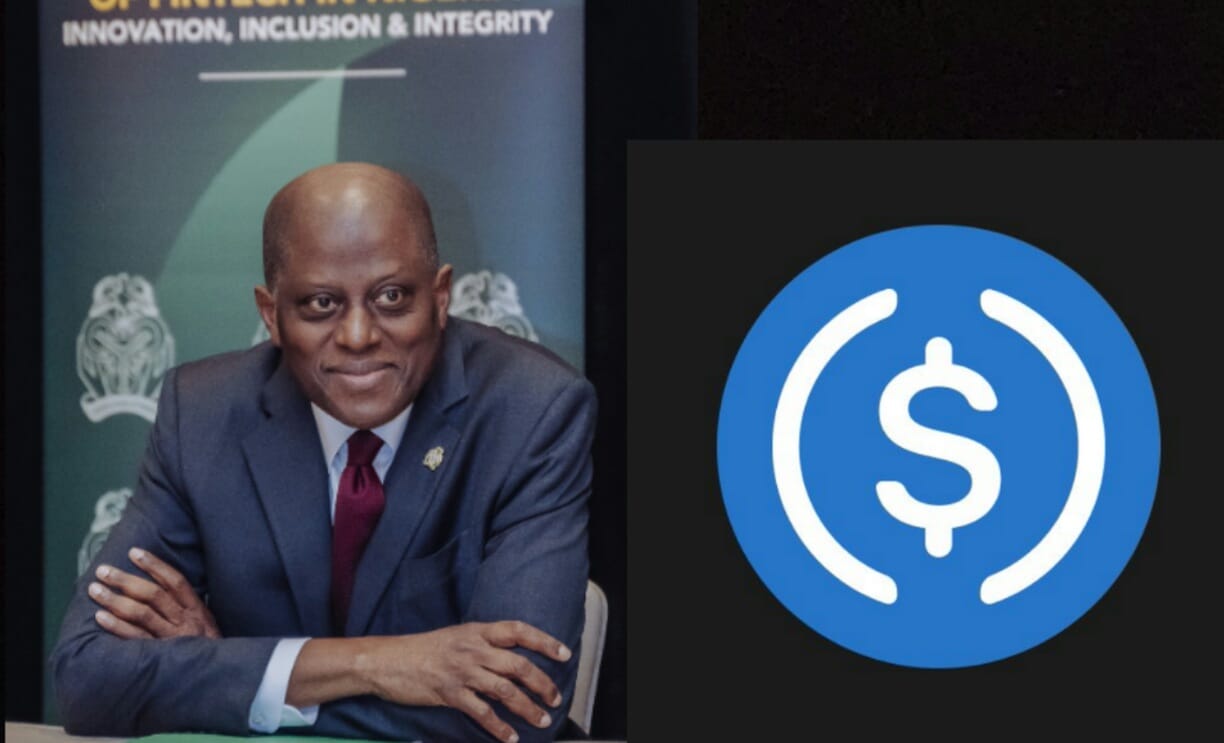President Bola Ahmed Tinubu has taken a bold step by declaring a state of emergency on Nigeria's security training institutions. This move targets the Nigeria Police Force, Nigeria Security and Civil Defence Corps, and other agencies' facilities. The declaration aims to overhaul dilapidated structures and equip them for modern challenges. It responds to long-standing neglect that has hampered effective training and national security efforts.
Tinubu's State of Emergency Declaration on Security Training: Background and Timeline
The announcement came during the 152nd National Economic Council meeting on October 23, 2025. President Tinubu personally approved an ad hoc committee to revamp these institutions. This initiative predates external comments, such as those from former US President Donald Trump on Nigeria's security issues. It underscores a proactive approach to internal reforms.
Nigeria's security landscape faces persistent threats from banditry, terrorism, and urban crime. Training facilities, some dating back to 1948, have suffered decades of underinvestment. Dilapidated dormitories, leaking roofs, and inadequate equipment have created inhumane conditions for trainees. These issues undermine the professionalism and morale of security personnel, making it impossible to build a 21st-century force.
The President views this as an urgent crisis. Without modern facilities, Nigeria cannot effectively train officers to combat evolving threats. The declaration aligns with plans to recruit 30,000 new police personnel, which requires upgraded infrastructure to succeed.
Reasons Behind President Tinubu's Emergency on Nigeria Security Training Institutions
Several critical factors drove this decision. First, the poor state of facilities poses a direct threat to national security. Outdated classrooms lack basic amenities like chairs and fans. Power shortages affect essential services, such as boreholes for water. Staff accommodations are insufficient, forcing commuters and reducing efficiency.
Second, training in such environments fails to prepare officers for contemporary policing. President Tinubu emphasized that 20th-century systems cannot equip a modern force. Skills in artificial intelligence, robotics, mechatronics, and digital competencies are essential. The overhaul will integrate these into curricula, ensuring personnel can handle sophisticated threats.
Third, the declaration addresses motivational challenges. Incentives and allowances are absent, impacting staff dedication. Governor Peter Mbah, committee chairman, quoted the President: "You cannot expect our men and women, who are protecting our communities and are expected to uphold law and order, to be trained in an inhumane environment." This highlights the need for humane, conducive settings to restore pride and confidence.
Additionally, economic goals depend on security. Nigeria aims for a trillion-dollar economy in five years, but insecurity hinders progress. Revamped institutions will support socioeconomic development by producing better-trained forces to tackle criminality.
Key Players and Committee Role in Tinubu's Security Training Emergency
The ad hoc committee, chaired by Enugu Governor Peter Mbah, includes governors from Ogun, Akwa Ibom, Taraba, Nasarawa, Kaduna, and Zamfara. Former Inspector-General of Police Alkali Usman Baba serves as secretary. Consultants assist in assessments.
The committee has a 30-day mandate to submit a report. It split into northern and southern teams for inspections. Mbah's team visited the Police College in Ikeja, Lagos, revealing collapsed ceilings and overcrowded dormitories. Ogun Governor Dapo Abiodun noted: "The President said you cannot treat people like animals and expect them to be motivated."
Police College Commandant AIG Omolara Oloruntola detailed challenges: "Some of our dormitories built since 1948 are almost dilapidated. It can only conveniently take about 500 trainees." She highlighted construction errors, water shortages, and lack of sporting equipment.
Mbah assured: "This is a forward-thinking, proactive initiative by a President who recognizes that our training institutions have suffered decades of neglect." The committee will recommend an intervention fund for rebuilding and equipping.
Impacts of Emergency Declaration on Nigeria's Security Training Institutions
This move will transform security training. Modern facilities will enable recruitment and skill development, directly combating insecurity. By addressing neglect, Nigeria can build a professional force aligned with global standards.
Short-term, inspections validate issues and guide immediate interventions. Long-term, it ensures sustainable upgrades, including digital transformation. This will boost officer morale, reduce crime, and support national stability.
Experts praise the initiative as timely. It positions Nigeria to handle threats like cybercrime and terrorism with advanced training. The focus on humane conditions will attract better recruits and retain talent.
Future Steps After Tinubu's State of Emergency on Security Institutions
The committee's report will outline a roadmap for reforms. Funding will cover bricks-and-mortar upgrades and soft infrastructure like equipment. Implementation will prioritize high-impact areas, such as southern and northern facilities.
Government commitment is evident in the rapid setup. Mbah stated: "We are treating it with the seriousness it deserves." This includes deep assessments for comprehensive revamps. Stakeholders expect visible improvements soon. The declaration sets a precedent for addressing systemic issues in public institutions. It reinforces Tinubu's agenda for security and economic growth.
In summary, President Tinubu's emergency declaration on Nigeria's security training institutions tackles deep-rooted problems to forge a stronger security apparatus. This proactive step promises enhanced national defense and reduced criminality, benefiting all Nigerians.
Read More
- Does President Tinubu Have the Constitutional Right to Appoint a New INEC Chairman?
- Why Does Nigeria's National Grid Keep Collapsing? The Deep-Rooted Causes and Path to a Stable Power Supply
- IMF Sounds Alarm: Nigeria's Debt Trap, Oil Crash, Revenue Black Hole Exposed at World Bank 2025
- Top 10 Nigerian Stocks Delivering Massive Investor Returns in Q3 2025
